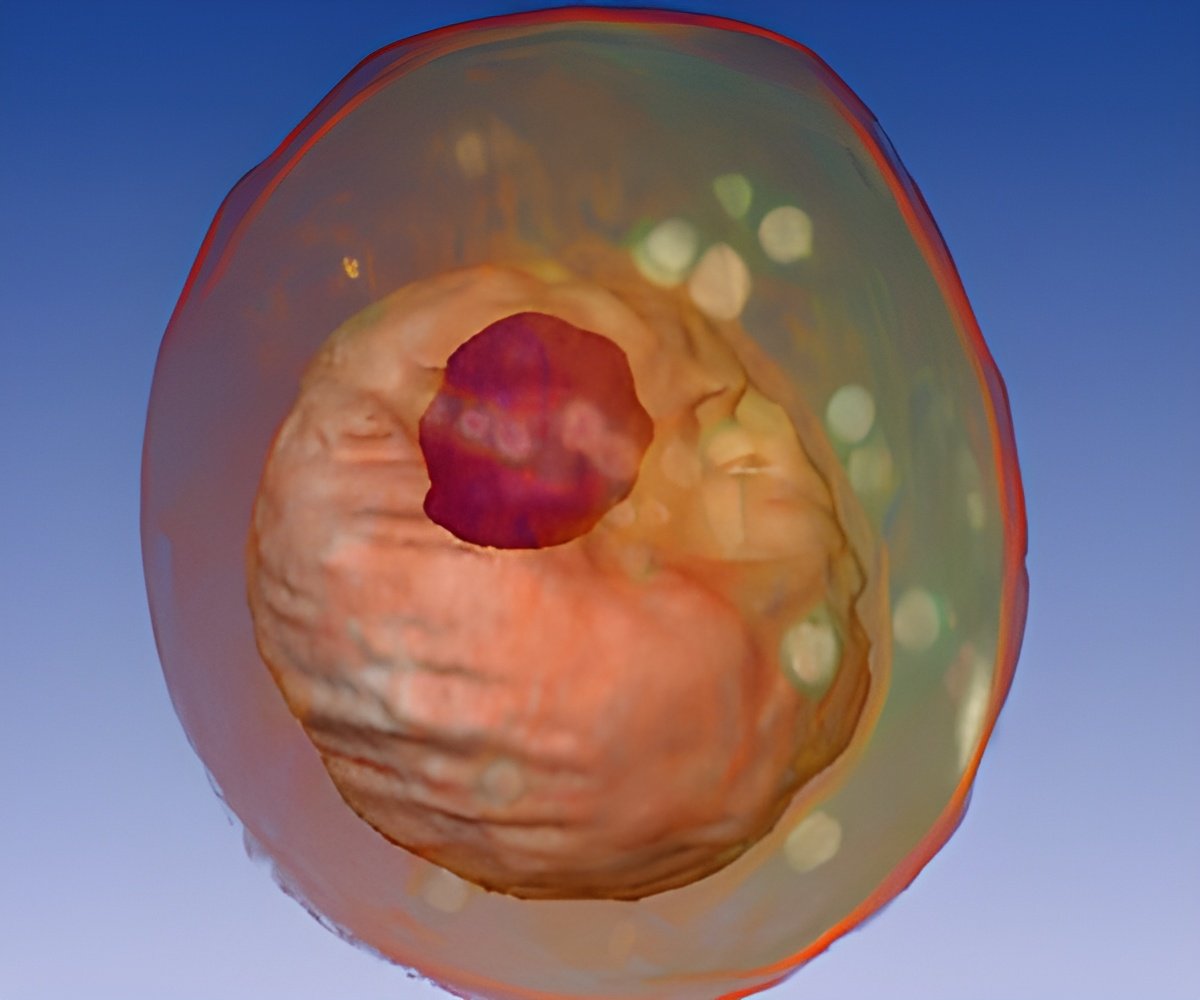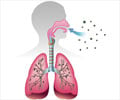Baker's yeast provides new insights into the understanding of the basic processes involved in Parkinson's disease and cancer.

Professor Outeiro, of the University Medical Center Goettingen, Goettingen and Instituto de Medicina Molecular, Lisbon, said: "This work shows how taking advantage of simple model organisms might help us speed up the discovery of more complex biological processes. Yeast cells are really excellent living test tubes, with a powerful toolbox that enabled us to learn about the underpinnings of complex human disorders."
Dr Giorgini, of the world-renowned Department of Genetics, at the University of Leicester, added: "We are tremendously excited by our results. The family of proteins under investigation have always been a bit of a "black box", and a true understanding of what these proteins do at a cellular level - and why they are important - has remained elusive. This work provides a step into this darkness."
The current research takes advantage of the simplicity and genetic power of the baker's yeast Saccharomyces cerevisiae to understand basic cellular processes underlying Parkinson's disease. The team studied a family of proteins in yeast (Hsp31, Hsp32, Hsp33, and Hsp34) which are related to a human protein known as DJ-1. Mutations in the human DJ-1 protein cause early-onset inherited forms of Parkinson's disease, and alterations in the human protein have been associated with more common forms of Parkinson's disease as well. In addition, changes in DJ-1 function are also associated with certain forms of cancer.
Claire Bale, Research Communications Manager at Parkinson's UK, commented: "This important research sheds new light on the root causes of Parkinson's.
"Although mutations in the DJ-1 gene cause rare inherited forms of the condition, we believe that understanding the role of this crucial protein and how it helps keep nerve cells healthy could be important for developing treatments that can help all people with Parkinson's. We look forward to hearing the results of future investigations in this emerging new area."
Advertisement
Source-Eurekalert














